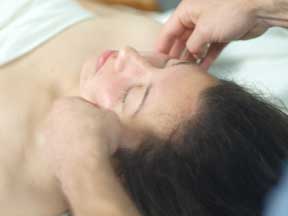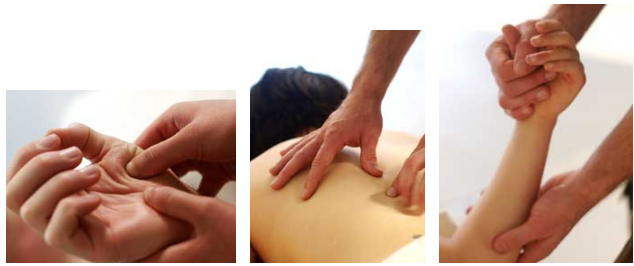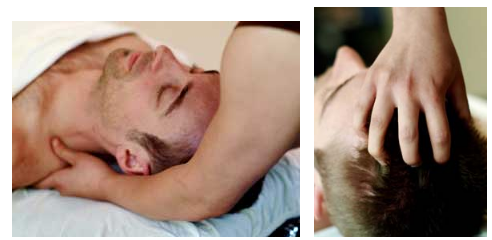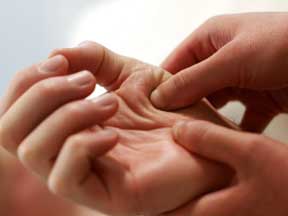The physiological and psychological healing aspects of massage therapy can be profound, and there needn’t be anything mystical about it.

Historically speaking, massage is one of the earliest forms of physical therapy. It’s been used by a variety of different cultures for well over 3000 years.

Nowadays, for athletes, the demand for massage is steadily increasing, and it is becoming more and more recognized as aiding recovery and enhancing performance.

Massage is the most effective therapy for releasing muscle tension and restoring balance to the muscular & skeletal system. Received regularly this can help athletes prevent injuries, which might otherwise be caused by overuse. A constant build-up of tension in the muscles from regular activity may lead to stresses on joints, ligaments, tendons, as well as the muscles themselves.

In the Western world, Swedish massage has been more popular. It entails a stroking and kneading of the muscles, and oil is applied to minimize friction. By enhancing circulation to stressed muscles Swedish massage speeds the process of restoring the body to its peak performance.
Research on the effects of massage therapy has been ongoing for more than 120 years. A surge in research over the past 20 years has resulted in more than 2,500 published studies.
At the University of Miami School of Medicine’s Touch Research Institute, 70 studies on touch — the majority on massage therapy — have been published or are under way. Recent and ongoing research at some of the nation’s hospitals, such as Cedars Sinai Medical Center in Los Angeles, is expanding knowledge of the benefits of massage for a variety of injuries and ailments.
Among research findings:
- Massage increases activity level of the body’s natural “killer cells”, boosting the immune system.
- Office workers massaged regularly were more alert, performed better and were less stressed than those who weren’t massaged.
- Massage therapy decreased the effects of anxiety, tension, depression, pain, and itching in burn patients.
- Abdominal surgery patients recovered more quickly after massage.
“Massage therapy is beneficial for almost all diseases. Eighty percent of disease is stress-related, and massage reduces stress.” — Sandra McLanahan, Medical Director of John Hopkins Medical Center.
